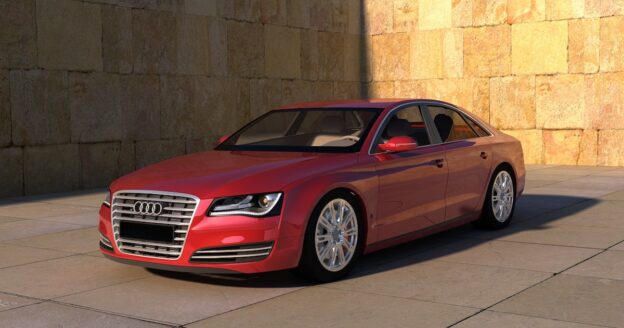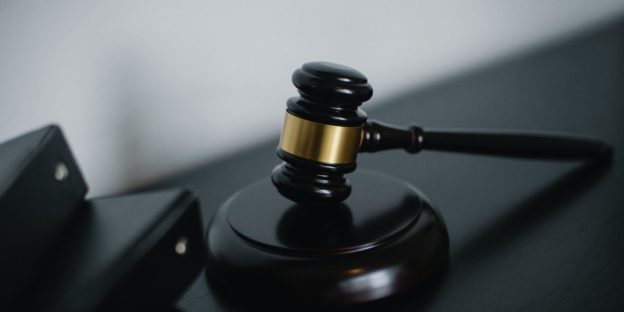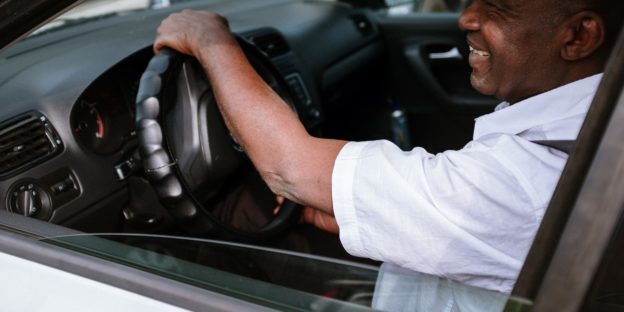Are you in the market to buy a car but don’t have the cash on hand? A repossessed car can be a great fit! Repossessions are vehicles that have been taken from their owners by the bank. This happens when the owner doesn’t make the payments on their loan. The bank then sells the car to recoup some of their losses. Repo cars can be sold in a number of places. Let’s take a look at where you can find a repossessed car of your own!
Car Dealerships
Car dealerships sometimes sell repossessed cars that they acquire from trade-ins or auctions. This is a fast and easy way to get a repo car and save some money. However, don’t expect to get as much of a deal. Since dealerships often tidy up and repair these vehicles, they raise the price. If you want a “true” repo, you’ll likely have to go to an auction.
Banks and Lending Institutions
A better option is to buy your repo car directly from a bank or lender. Many will sell their repo inventory to the general public to recover their losses. However, this approach can be time consuming as you have to visit each bank’s website and see if they have any inventory on hand. To make things easier, RepoFinder offers a directory of websites that link to banks and credit unions. This is much easier than having to go to individual websites, and you can place a bid directly through the website.
Online Auction Websites
If you prefer to shop for repo vehicles online, you can also check out online auction websites. You can use the filters to find the vehicles that match your needs without having to leave the comfort of home! It’s important to read the terms and conditions for each site, as most charge fees and this can get expensive. RepoFinder Pro is just $4.95 a month and you can cancel anytime. You get unlimited searches, no ads and no sales fees or commissions.
Government Agencies
When state agencies upgrade their vehicles, they’ll often sell off their old inventory at heavily discounted prices. As with other used cars, some of the vehicles are in great condition and others need a lot of maintenance. You can participate in the auctions online, in person or by mail-in bid.
Salvage Yards
Visiting salvage yards or junkyards can be an option, though you may have to check back often. On occasion, salvage yards get repossessed vehicles and put them up for sale. It’s worth checking with local salvage yards in your area to see what they have available !
Now that you’ve learned more about where you can find repossessions, you can choose what fits your needs best. To learn more about RepoFinder, visit us today and start searching for your repo car!











